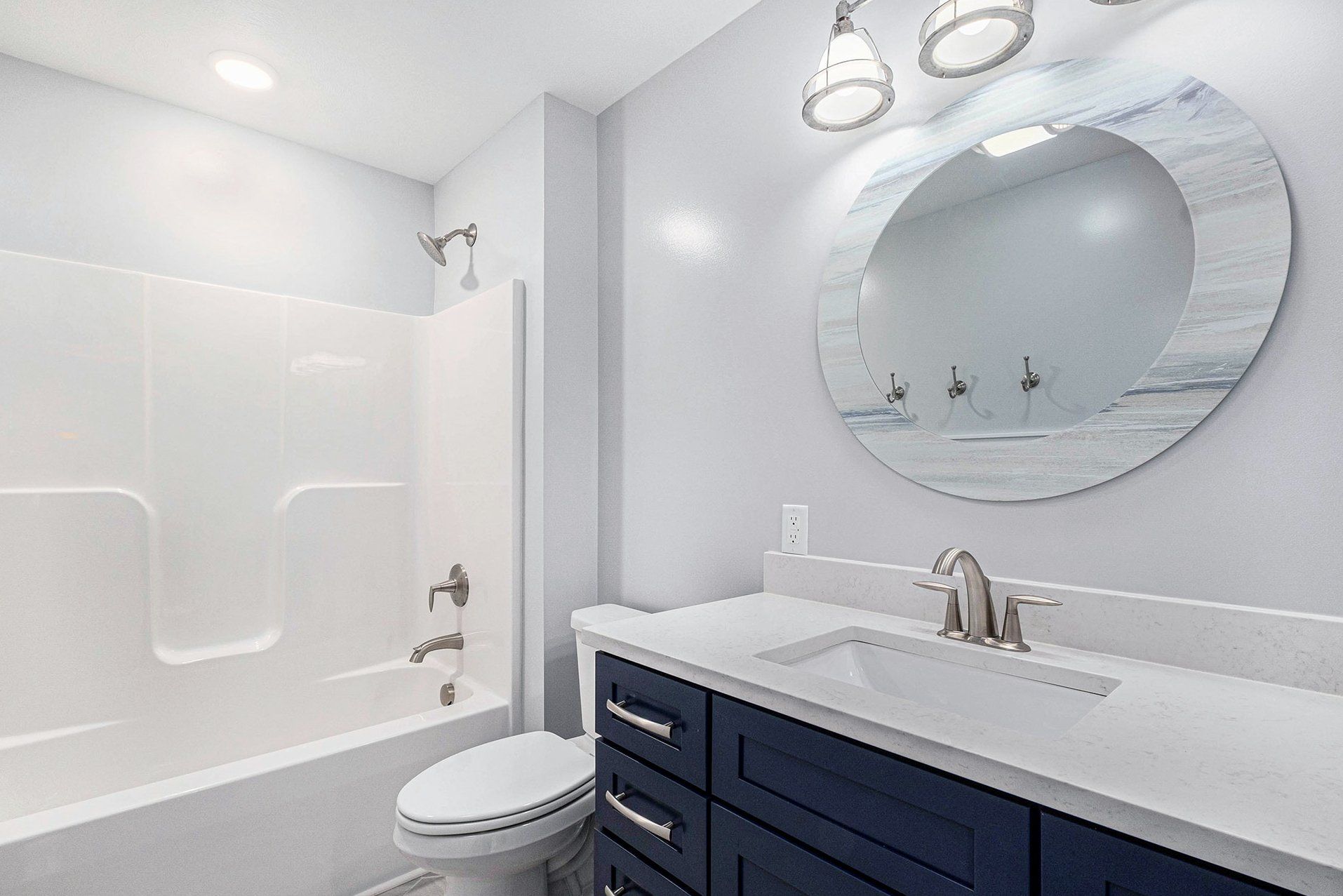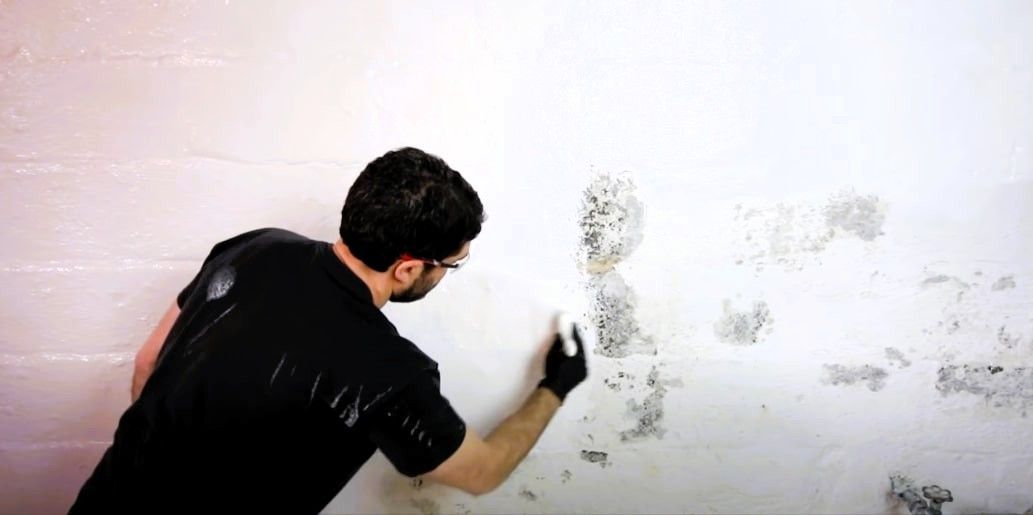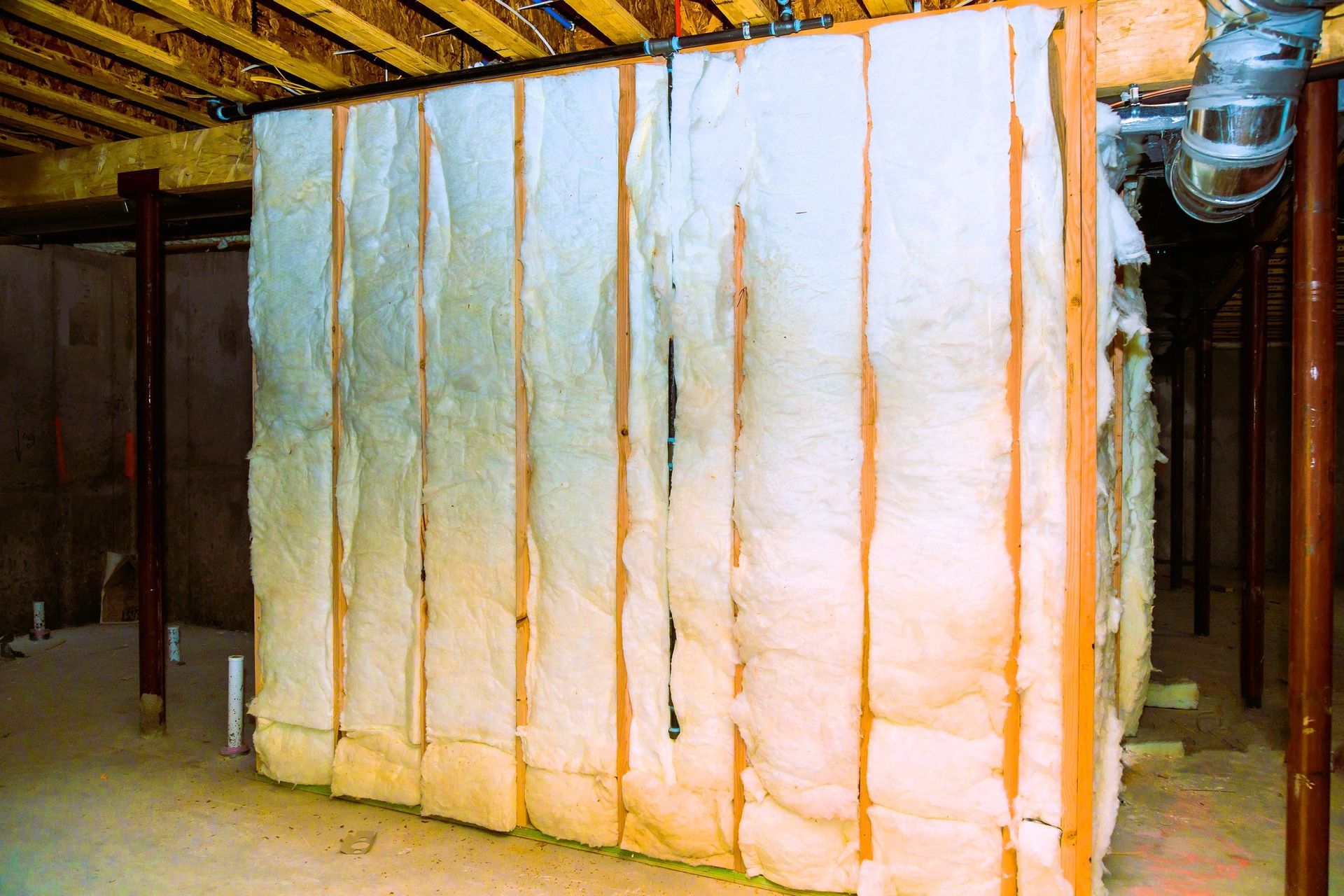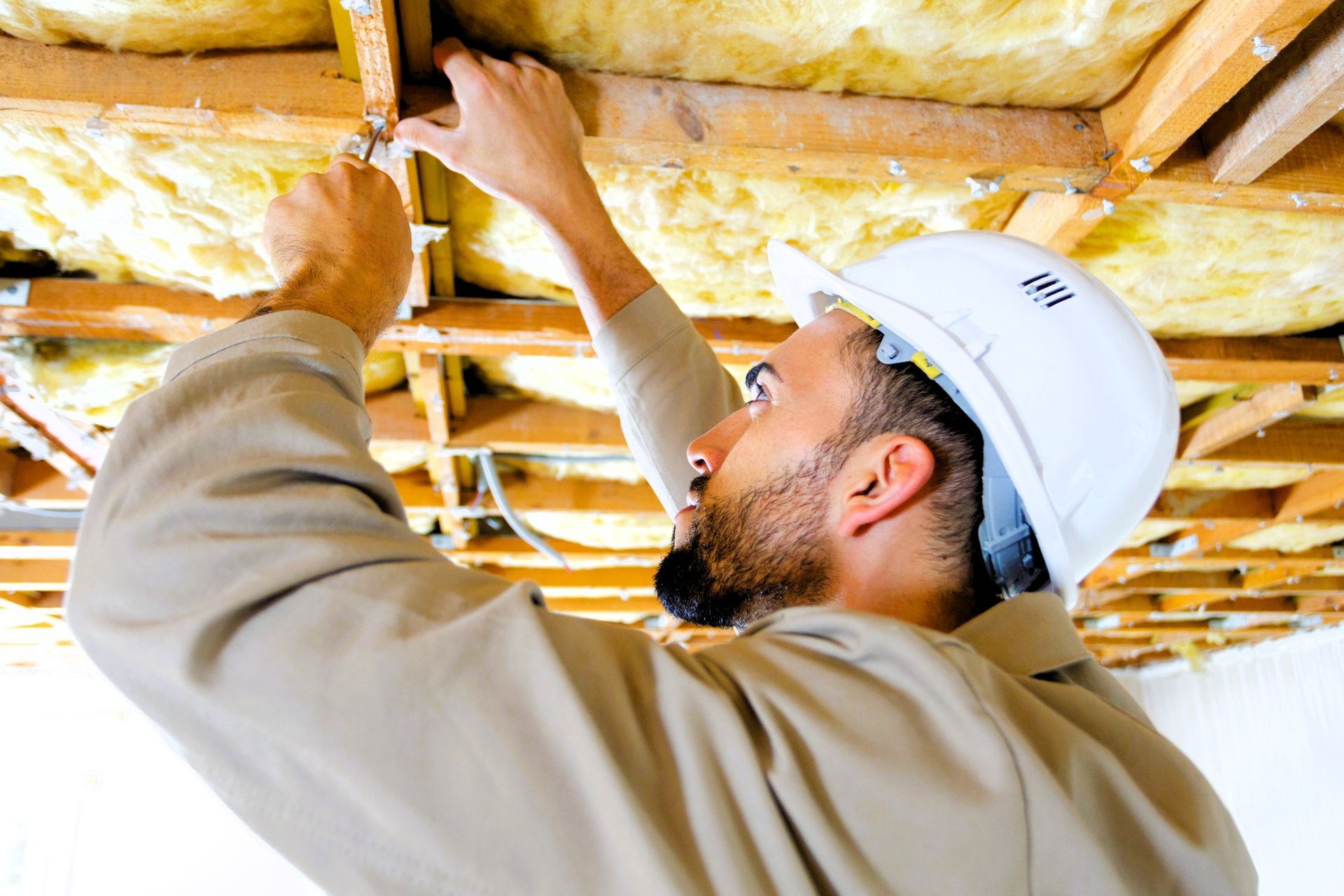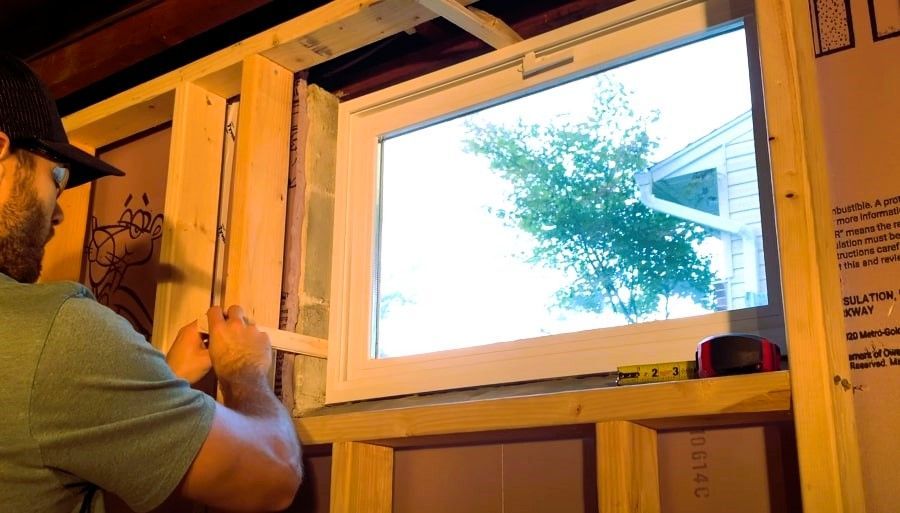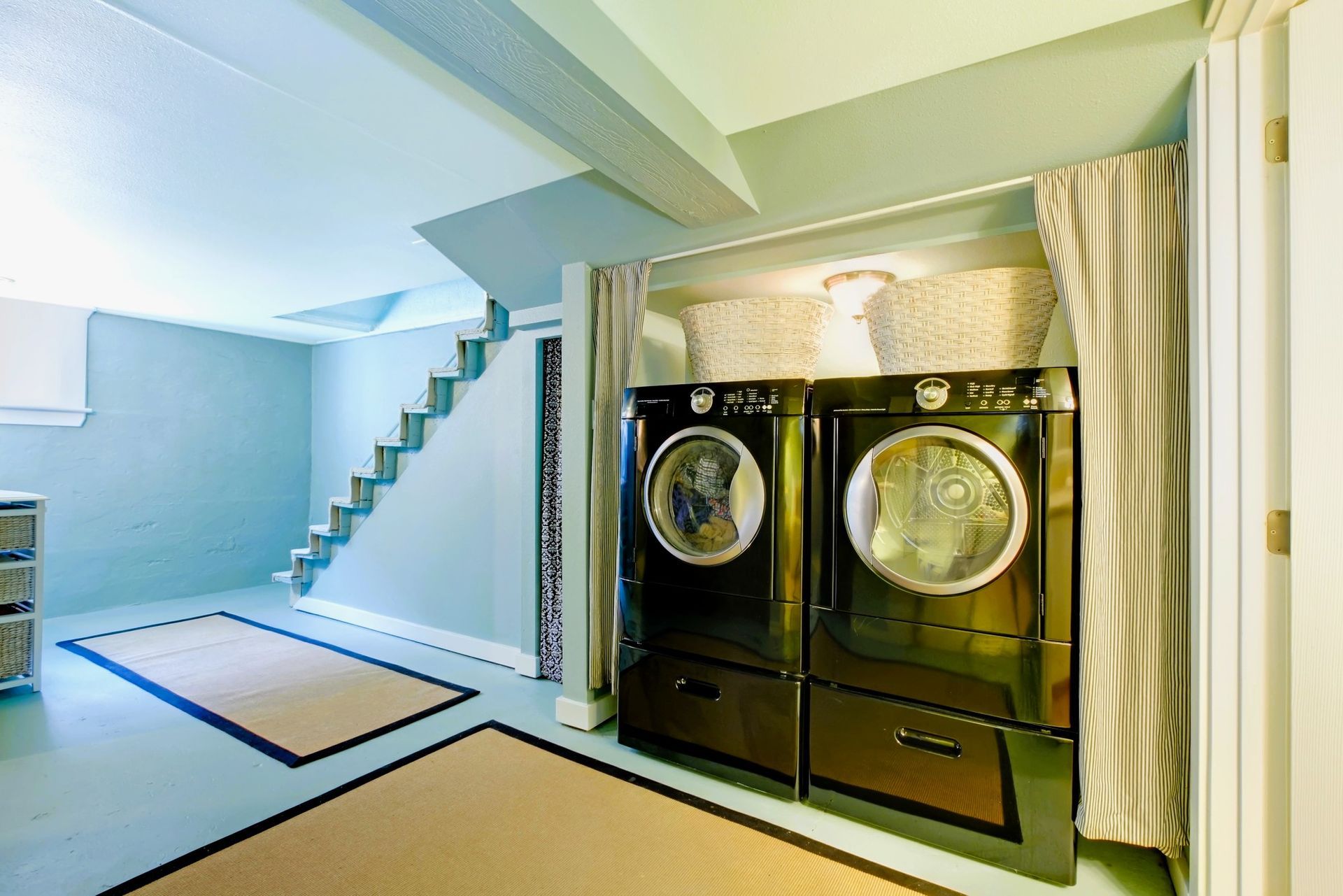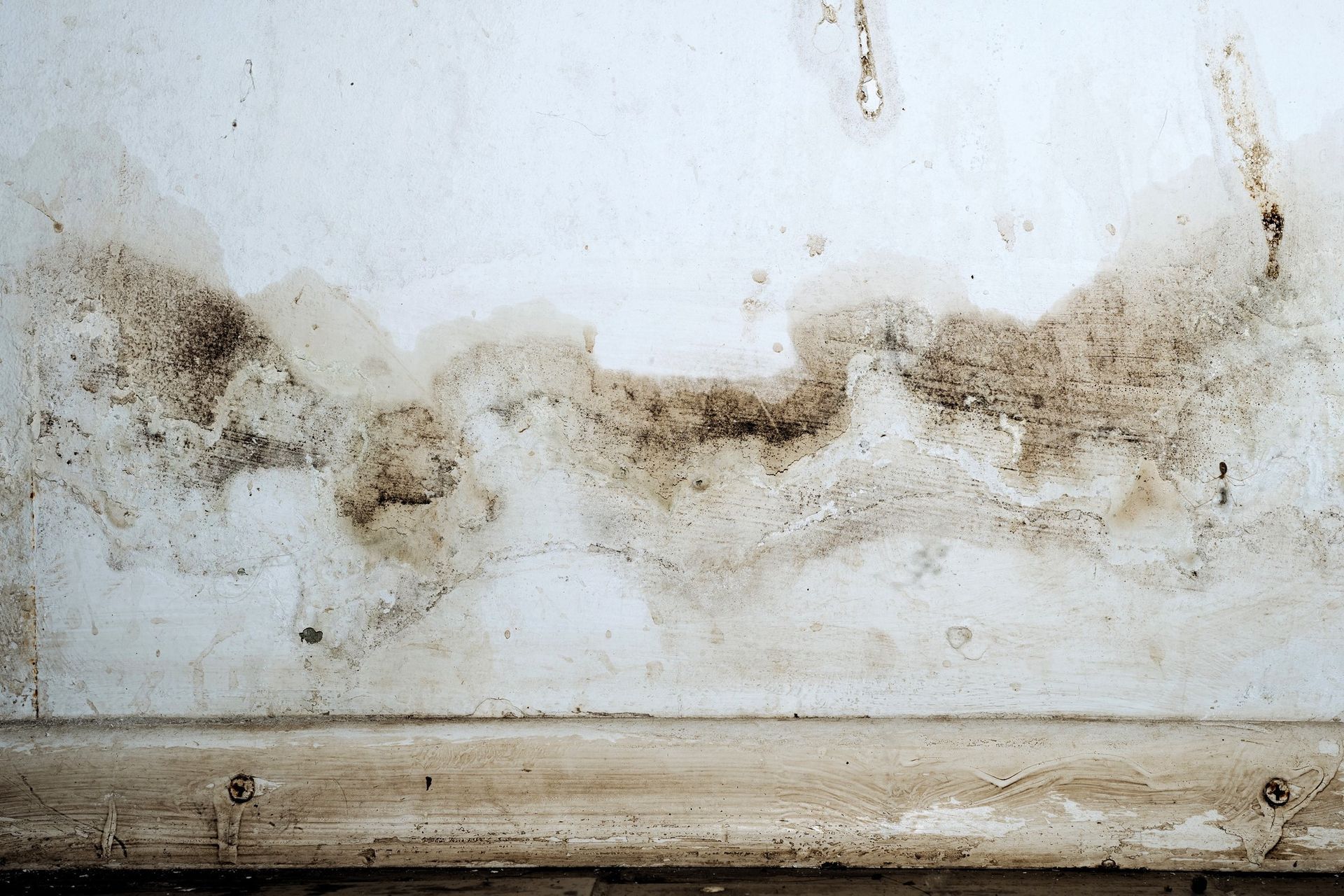Why is a Basement Floor Drain so Important?
Install floor drains for a dry and moisture-protected basement.
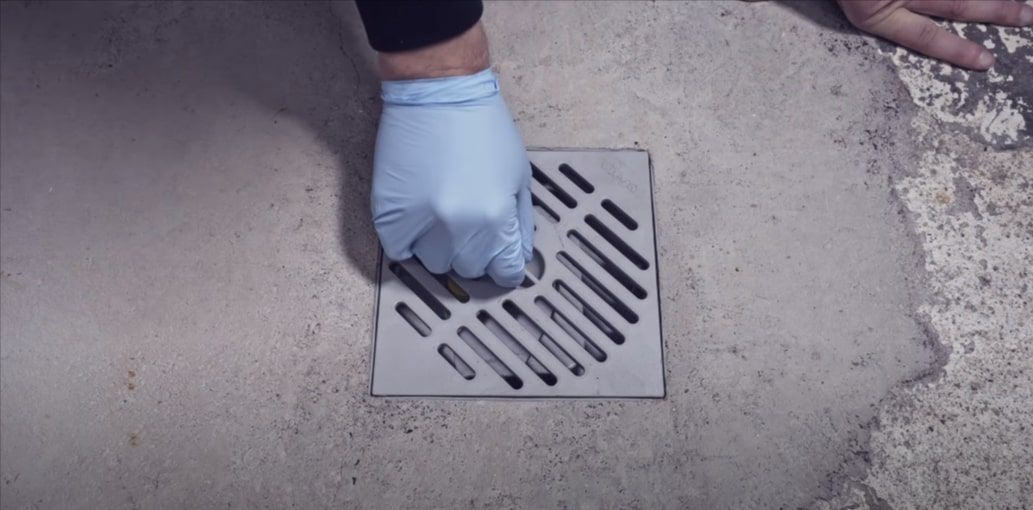
Most of us know the basement as a mere storage space. But with some effort and some tender loving care, basements have the potential to be so much more. With proper waterproofing and lighting, your basement can transform into a valuable extension of your home. Say goodbye to clutter and hello to a thousand possibilities, such as a cozy home office, a fun playroom, or a convenient gym. But the key to making the most of this space is ensuring that your basement stays dry.
What is a Basement Floor Drain?
When you're thinking about keeping your basement safe from water damage, there's a standout solution that really makes a difference: getting a floor drain installed. This crucial plumbing feature sits right at the center of your basement floor, doing a fantastic job of collecting water and moisture to keep any potential damage at bay. With a variety of sizes and shapes to pick from, finding the ideal floor drain for your basement is absolutely key.
Why is a Basement Floor Drain so Important?
Let's talk about floor drains. They're pretty crucial in your basement for two main reasons. One, they're great at handling extra water and moisture, which stops potential damage. Two, they're like your basement's defense system, stopping harmful mold and bacteria from setting up camp. Having a floor drain in your basement? Super important.
Now, we all know basements can be flood magnets. They're at the bottom of the house, after all. But here's the deal: a floor drain is a game-changer. It doesn't just prevent water damage; it also keeps things dry, making it tough for mold and bacteria to cause trouble. That's the key to a healthy, worry-free living space!
How a Basement Drain Works
Floor drains work by collecting water and moisture from the surface of the floor. The water is then drained away through a pipe, leading out to the sewer or septic system of the house. More often than not, floor drains are typically connected to a sump pump, which helps pump the water out faster. If you have a finished basement, it's important to install a floor drain in case of a power outage or plumbing failure.
How to Install a Basement Floor Drain
If you're considering adding a basement floor drain, it's important to ask for help from a skilled plumber. Not only can a plumber suggest the perfect drain for your basement, but they can also ensure proper installation.
To get you started, here are some general guidelines when installing a floor drain:
- Locate the middle of your basement floor and mark it with a piece of chalk.
- Remove the cover from the floor drain and place it in the center of the marked area.
- Cut a hole in the concrete using a hammer and chisel. The hole should be large enough to accommodate the floor drain.
- Insert the floor drain into the hole and secure it in place with concrete screws or nails.
- Connect the floor drain to a sewer or septic system using a drainage pipe.
- Cover the floor drain with a cover plate and replace the cover.
- Test the floor drain by pouring a bucket of water into it. The water should flow through the drainage pipe and out of the sewer or septic system.
If you're having trouble with water in your basement, it's important to install a basement floor drain. A floor drain is the best way to prevent water damage and keep your basement dry. Please remember that this is just general information and you should consult with a professional before attempting to install a floor drain on your own.
For more information,
contact us at Grand Rapids Basement Pros. We have a capable and reliable team who can help you! Thanks for reading!
We will get back to you as soon as possible.
Please try again later.
We bring pride and passion to every project that we undertake, with a professional team of designers, project managers and tradespeople.
Services
Company
Contact
Grand Rapids, MI
Disclaimer: This site is a free service to assist homeowners in connecting with local service contractors. All contractors are independent and this site does not warrant or guarantee any work performed. It is the responsibility of the homeowner to verify that the hired contractor furnishes the necessary license and insurance required for the work being performed. All persons depicted in a photo or video are actors or models and not contractors listed on this site.





